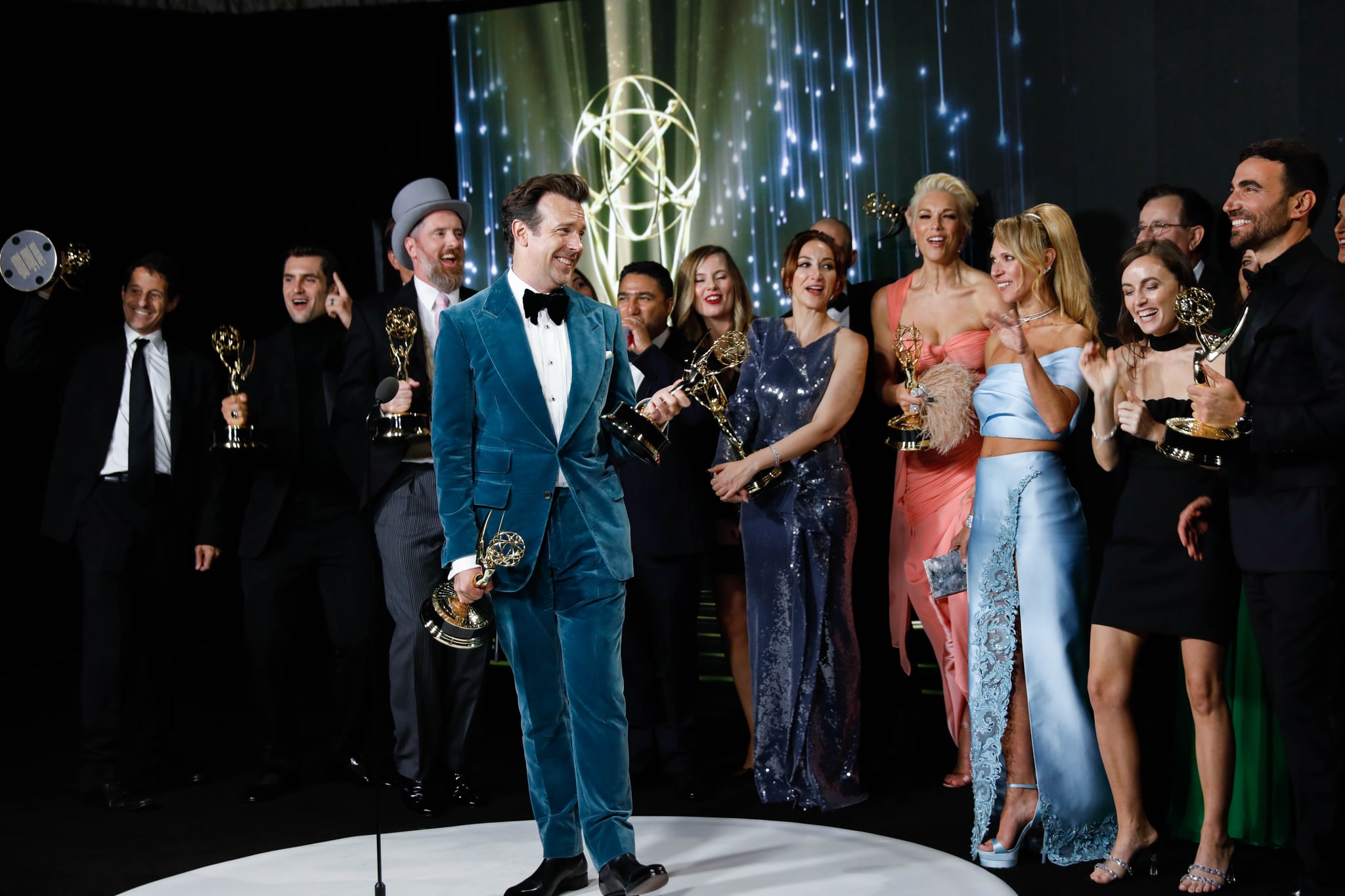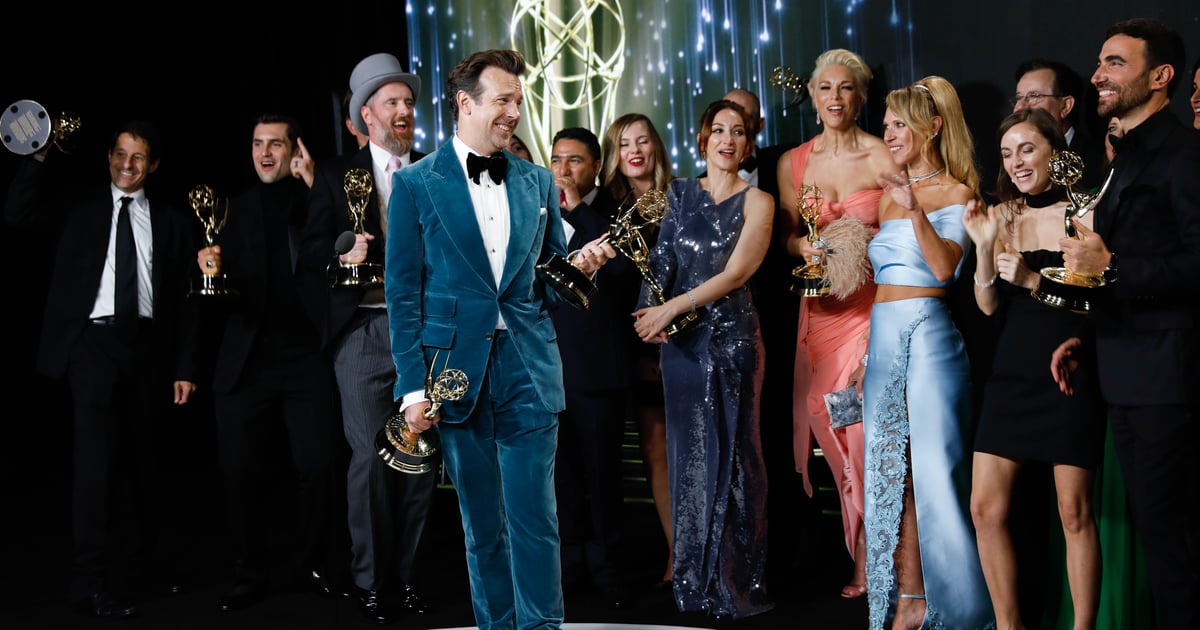
The Emmy Awards are not known for highlighting groundbreaking BIPOC entertainment and talent, and despite proclamations from the Television Academy about the importance of representation, Sunday night’s award show was no exception. While the initial list of nominees showed promise, including a record number of nonwhite creatives featured in the acting and reality competition categories, the big wins of the night leaned into the same shows over and over (see: Ted Lasso, The Crown, and Mare of Easttown). In the end, not a single BIPOC acting nominee won an award, and the handful of wins for BIPOC nominees were primarily for behind-the-scenes roles.
This is an ongoing trend we continue to see each award season, but this year’s Emmys were especially disappointing. With performers of color comprising 44 percent of the acting nominations, the fact that all the major acting trophies went to white actors sends a clear message: the Television Academy doesn’t value representation on screen the way it claims it does. There were a handful of groundbreaking moments throughout the night — Michaela Coel became the first Black woman to win outstanding writing in a limited or anthology series or movie, and RuPaul made history as the most decorated Black artist at the Emmys — but these wins served to highlight the lack of BIPOC winners in other categories.
There were so many opportunities for the Emmys to not only make history but also shine a much-deserved spotlight on diverse stories and storytellers. Of many disappointing moments, viewers were especially upset about Mj Rodriguez losing outstanding lead actress in a drama series for Pose, which would have made her the first transgender performer to win an Emmy in a lead acting category, and the late Michael K. Williams losing outstanding supporting actor in a drama series for Lovecraft Country. Instead, both of these awards went to stars of Netflix’s The Crown.
The lack of recognition for BIPOC talent was amplified by the fact that the Emmys filled its lineup with a diverse group of presenters but failed to honor any of them with actual awards. Even host Cedric the Entertainer made a joke about it during the show, saying, “It comes with a lot of pressure, being Black, hosting a job like this. My people, they expect that I can just give an award to anybody. Black people like, ‘Yo Ced, come on man, you gotta give Martin Lawrence an Emmy.'”
The predominantly white shows and actors honored at the Emmys is a symptom of a larger issue in Hollywood. Each award season, awards are given to the same shows over and over — remember the Schitt’s Creek takeover last year? — but who decides which ones become the award season darlings? Are Emmy voters actually immersing themselves in all the new shows and movies out there, or are they simply sticking to the status quo? This year’s winners list obviously proves they’re doing the latter.
The cast of FX’s Reservation Dogs said it best as they highlighted the growing need for more representation on screen during the ceremony (while presenting yet another award to The Crown, it should be noted). “We are here on television’s biggest night as creators and actors, proud to be Indigenous people working in Hollywood, representing the first people to walk upon this continent, and we are really happy to be here,” the show’s cocreator Sterlin Harjo said alongside stars D’Pharaoh Woon-A-Tai, Devery Jacobs, Lane Factor, and Paulina Alexis. Woon-A-Tai continued, “Thankfully, networks and streamers are now — now — beginning to produce and develop shows created by and starring Indigenous people.” Jacobs added, “It’s a good start, which can lead us to the day when telling stories from underserved communities will be the norm, not the exception.” Alexis concluded the speech, saying, “Because, like life, TV is at its best when we all have a voice.”
Sounds like the Television Academy should tune into its own broadcast and start taking notes for next year’s ceremony.
